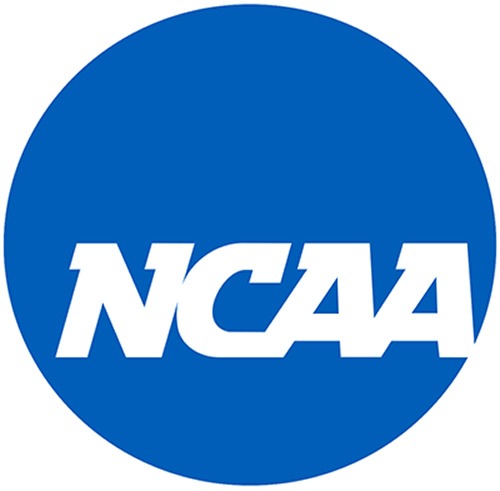By: Lynn Ellenberger and Jessica Meeder
The United States Supreme Court’s recent decision in National Collegiate Athletic Association v. Alston, establishes that the NCAA is not above the law. The nation’s highest court held that despite the NCAA’s belief to date, the NCAA’s compensation rules are not exempt from the federal antitrust laws.
The high court’s opinion traces the NCAA’s creation, noting that the organization was founded primarily as a “standard-setting body,” which eventually evolved into the “massive business” that it is today. The NCAA’s current broadcast contract for March Madness is worth $1.1 billion annually, salaries for top Division I college football coaches approach $11 million, and the NCAA President earns $4 million a year.
This “sprawling enterprise,” which includes 1,100 colleges and universities and 180,000 Division I student athletes and “enjoys ‘near complete dominance of, and exercise[s] monopsony power in’ the… ‘market for athletic services…’” believed that it was above the federal antitrust laws.
However, in its recent ruling, the high court refused to carve out an exception to the restraint on trade laws simply “because they happen to fall at the intersection of higher education, sports, and money.” This is significant because the NCAA admitted that it enjoys a monopoly and controls the labor market: student athletes have nowhere else to “sell their labor” and there are no “viable substitutes” for the NCAA.
Justice Kavanaugh noted that the majority’s opinion, which he joined in full, bodes ill for the NCAA’s future ability to limit all forms of compensation for student athletes: “The bottom line is that the NCAA and its member colleges are suppressing the pay of student athletes who collectively generate billions of dollars in revenues for colleges every year…. [and] the student athletes who generate the revenues, many of whom are African American and from lower-income backgrounds, end up with little or nothing.”
The Alston case reiterates that the NCAA exerts unilateral control over collegiate athletics and has a unique ability to set policy from the top down – policy that should be used to protect student athletes from abuse and discrimination.
At FeganScott, we stand against the disparities the NCAA created and its commodification of student athletes. We stand behind student athletes who have been injured by the NCAA’s failure to protect them from sexual abuse by coaches. We stand behind Black student athletes at Historically Black Colleges and Universities who have suffered from the NCAA’s pervasive racial discrimination.
Read more about our lawsuits against the NCAA here and here.

